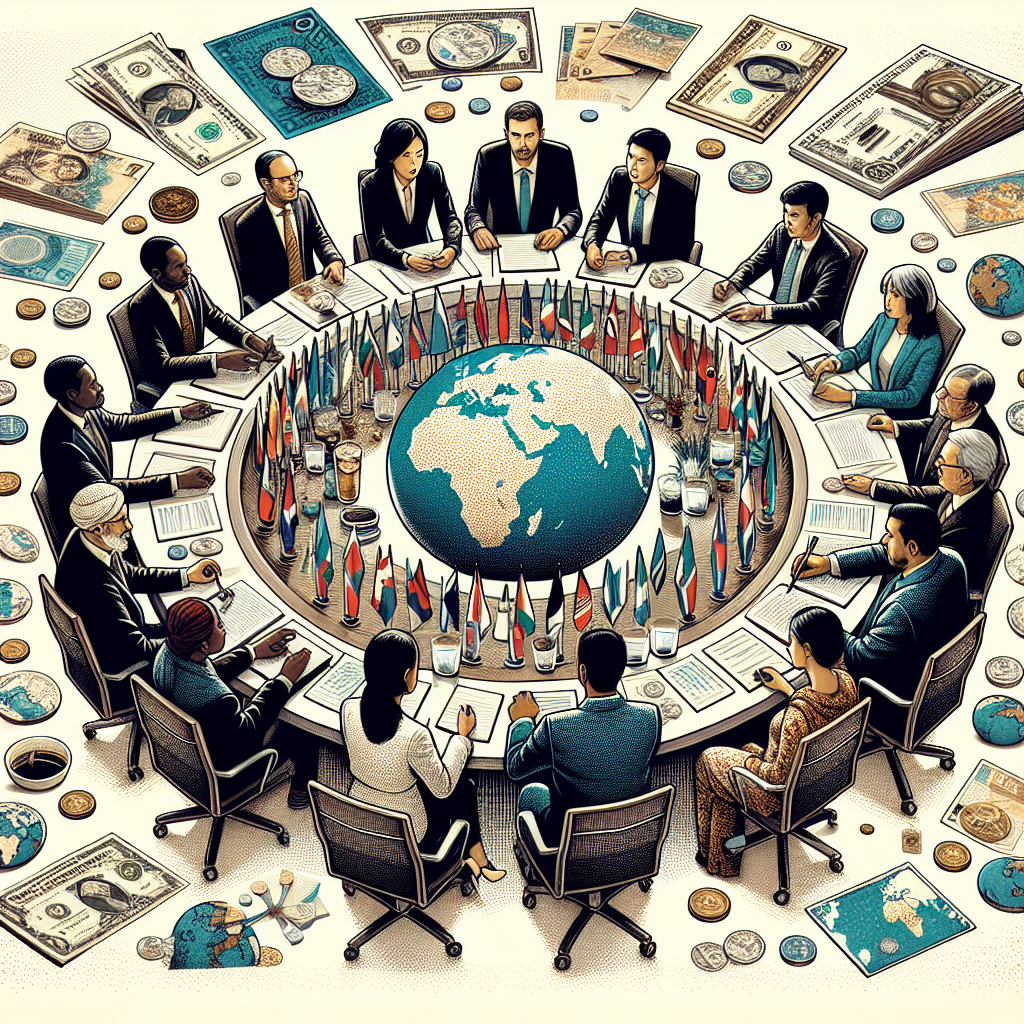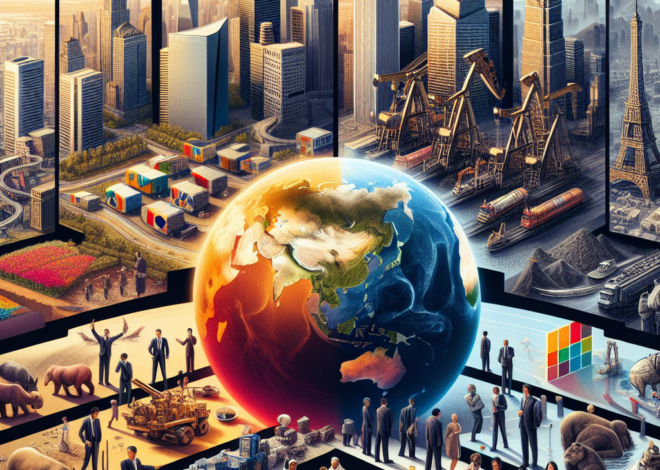
Understanding the Dynamics of International Economic Relations
Introduction to International Economic Relations
International economic relations refer to the economic interactions between different nations on a global scale. These interactions encompass a wide range of activities, including trade, investment, migration, and aid. The relationships are shaped by various factors, such as political dynamics, technological advancements, environmental considerations, and cultural exchanges.
The Importance of International Economic Relations
Global Economic Growth
International economic relations play a crucial role in global economic growth. Through trade and investment, countries can access new markets, diversify their economies, and stimulate economic development. This can lead to an increase in jobs, higher living standards, and poverty reduction.
Technological Transfer and Innovation
International economic relations also facilitate the transfer of technology and innovation. Countries can learn from each other, adopt best practices, and innovate new solutions to address common challenges. This can lead to increased productivity and competitiveness, and contribute to sustainable development.
Political Stability and Peace
Strong international economic relations can contribute to political stability and peace. Economic interdependence can promote cooperation and reduce the likelihood of conflicts. Furthermore, international economic institutions can provide a platform for dialogue and dispute resolution.
Challenges in International Economic Relations
Trade Imbalances
One of the main challenges in international economic relations is trade imbalances. Some countries may have a trade surplus, exporting more than they import, while others may have a trade deficit, importing more than they export. This can lead to economic instability and tensions between countries.
Protectionism
Protectionism is another challenge in international economic relations. Some countries may impose tariffs, quotas, and other trade barriers to protect their domestic industries. However, protectionism can distort trade, hinder economic growth, and lead to retaliation from other countries.
Global Inequality
International economic relations can also exacerbate global inequality. Wealthier countries may benefit more from trade and investment, while poorer countries may struggle to compete. This can widen the gap between rich and poor countries, and lead to social and political unrest.
The Role of International Economic Institutions
International economic institutions play a crucial role in managing and shaping international economic relations. These institutions include the World Trade Organization (WTO), the International Monetary Fund (IMF), and the World Bank.
World Trade Organization
The WTO is responsible for regulating international trade. It provides a framework for trade agreements, resolves trade disputes, and promotes fair and open trade.
International Monetary Fund
The IMF provides financial assistance to countries in economic distress. It also monitors global economic trends and provides policy advice.
World Bank
The World Bank provides loans and grants to developing countries for development projects. It also conducts research and analysis on global development issues.
Conclusion
International economic relations are vital for global economic growth, technological transfer, and political stability. However, they also present challenges such as trade imbalances, protectionism, and global inequality. International economic institutions play a crucial role in managing these relations, promoting fair and open trade, and supporting economic development. As the world becomes increasingly interconnected, the importance of international economic relations will only continue to grow.


